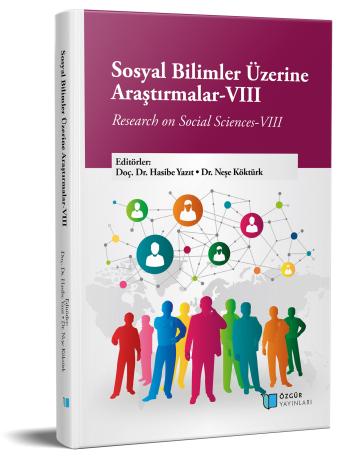
Exploring the Complexities of National Identity Through Theories of Nationalism
Chapter from the book:
Yazıt,
H.
&
Köktürk,
N.
(eds.)
2023.
Research on Social Sciences- VIII.
Synopsis
This study delves into the intricate realm of literature dedicated to exploring the concepts of nation and nationalism. Within this discourse, two dominant paradigms, primordialism and modernism, serve as the focal points of analysis. Primordialism portrays nations as age-old structures inherent in human nature, with scholars like Geertz and Van den Berghe offering insights into the enduring power of ethnicity and cultural identity. This perspective is rooted in the belief that nations are intrinsic facets of the human experience, connected by bonds of language, race, religion, and customs.
In contrast, modernism challenges the antiquity of nations, portraying them as recent constructs forged by nationalist movements. Figures such as Hobsbawm, Anderson, and Gellner frame nations as "imagined communities" and cultural artifacts closely tied to industrialization, standardization, and elite manipulation.
Throughout the discourse, the pivotal role of elites in shaping nationalist ideologies emerges as a common thread, transcending the boundaries of primordialism and modernism. Whether viewed as custodians of ancient traditions or architects of contemporary national identities, elites wield significant influence in the formation of nations.
This study concludes by highlighting the complexity of the subject, emphasizing that nations are products of their time, shaped by historical events, socio-cultural changes, and the agency of individuals and elites. It underscores the enduring debate surrounding the nature and origins of nations, inviting ongoing inquiry and discussion in the ever-evolving path of human civilization.

